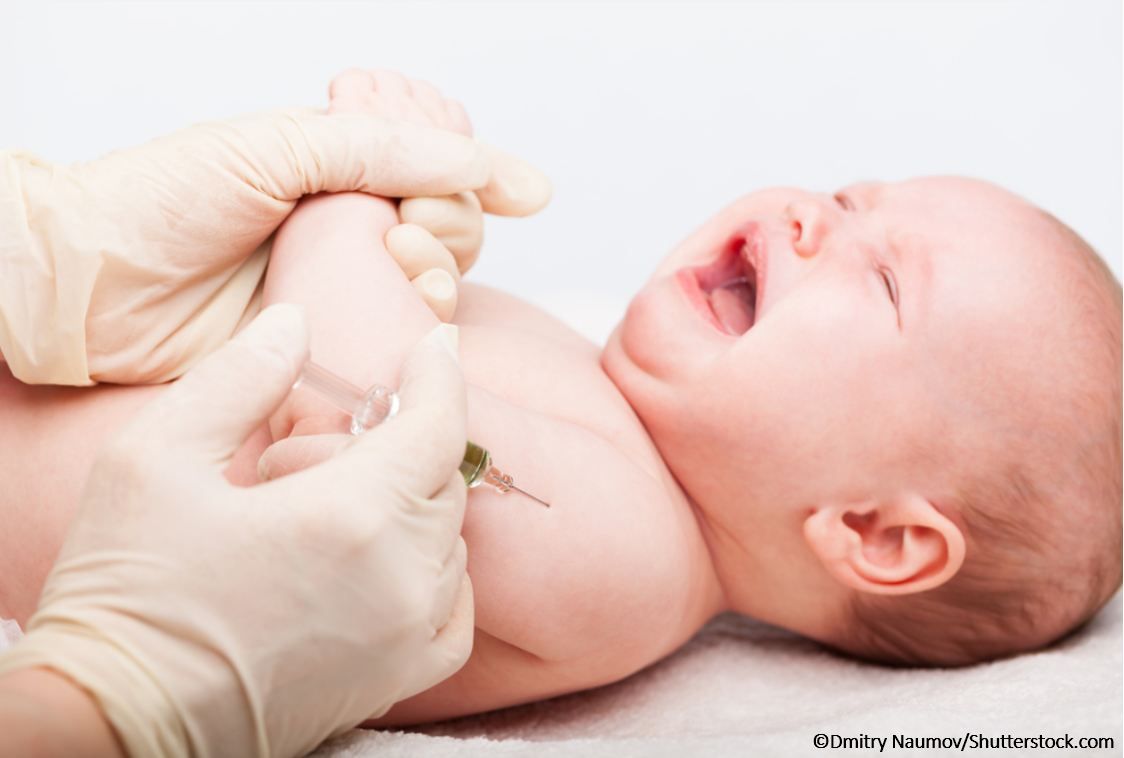- Clinical Technology
- Adult Immunization
- Hepatology
- Pediatric Immunization
- Screening
- Psychiatry
- Allergy
- Women's Health
- Cardiology
- Pediatrics
- Dermatology
- Endocrinology
- Pain Management
- Gastroenterology
- Infectious Disease
- Obesity Medicine
- Rheumatology
- Nephrology
- Neurology
- Pulmonology
Safety of Moderna’s mRNA RSV Vaccine for Infants Heads Dec 12 VRBPAC Meeting Agenda
Moderna paused clinical research on the pediatric shot indefinitely in September after reports in July of severe adverse reactions in infants aged 5 to 8 months.
Moderna’s investigational vaccine against respiratory syncytial virus (RSV)-related lower respiratory tract infection (LRTI) in pediatric patients was flagged by FDA regulators in briefing documents that reported at least 5 cases of severe or very severe LRTI in infants who received the vaccine in early stage clinical trials.
Documents from the Vaccines and Related Biological Products Advisory Committee (VRBPAC) were released in advance of a meeting scheduled by the adcom for Thursday, December 12, that will consider the safety overall of RSV vaccines in pediatric populations, according to the committee.
©Naumov_2/stock.adobe.com

The briefing document describes severe side effects detected in 2 of the company’s experimental mRNA-based RSV vaccine candidates (mRNA-1345 and mRNA-1365) being evaluated for use in infants. Of specific concern VRBPAC noted “an imbalance in severe RSV LRTI” in babies given the Moderna shots compared with placebo. Also highlighted was a “blunted” response to prophylaxis with nirsevimab after receipt of either vaccine.
Moderna had discontinued its pediatric RSV vaccine development program for infants younger than 2 years in September, according to FirstWord Pharma, citing “emerging clinical data.”
The FDA was notified in July of a study pause in the phase 1 mRNA1365-P101 trial based on a potential safety signal, ie, the imbalance in cases of severe RSV LRTI between the active and placebo-treated groups in the subgroup of participants aged 8 months to less than 24 months. The VRBPAC briefing document identified 5 similar adverse events in a younger subgroup, infants aged 5 months to less than 8 months, after immunization with mRNA-1635.
After research on pediatric RSV vaccines led to 2 infant deaths caused by vaccine-associated enhanced respiratory disease, further exploration has been limited (Terry’s link). It was with significant risk-limiting safeguards in place for RSV vaccine testing in children that the FDA in 2023 gave Moderna the green light to proceed with the phase 1 trial. (briefing document)
mRNA1365-P101 enrolled children between the ages of 5 months and 2 years to receive either the mRNA-1345 RSV-specific shot, the mRNA-1365 RSV/human metapneumovirus (hMPV) combination vaccine, or placebo.
The VRBPAC meeting participants on Thursday will discuss convene on Thursday to discuss the safety findings for mRNA-1345 and mRNA-1365 but will not hold a vote. The panelists will determine “the implications of these findings for ongoing and future pediatric development of other non-live attenuated RSV vaccines,” as well as the potential interactions between RSV prophylactic antibodies and vaccines.
The FDA approved mRNA 1345 (mRESVIA) on May 31, 2024, for prevention of RSV in adults aged 60 years and older. Moderna continues to evaluate the vaccine for adults aged 18 to 59 years at high risk for severe infection as well as in the pediatric population aged 2 to 17 years, according to the manufacturer’s website.
References
